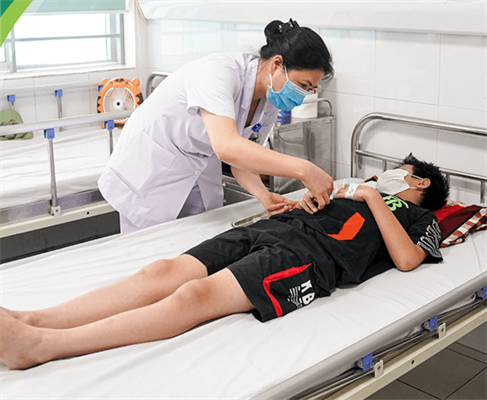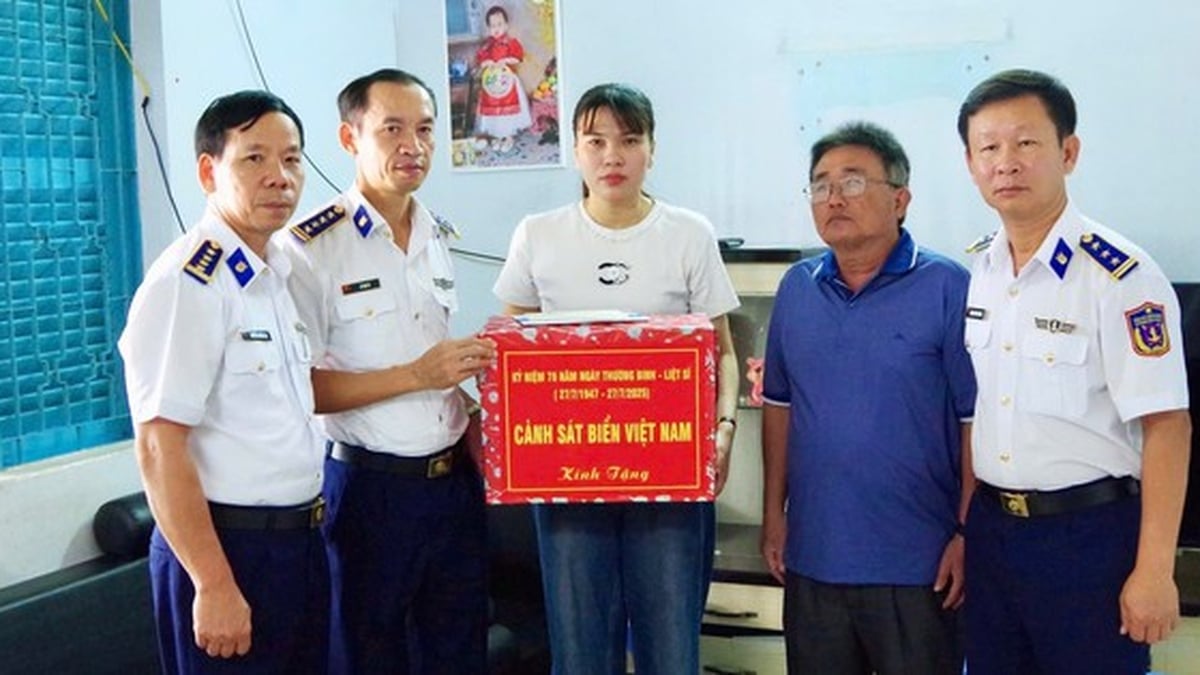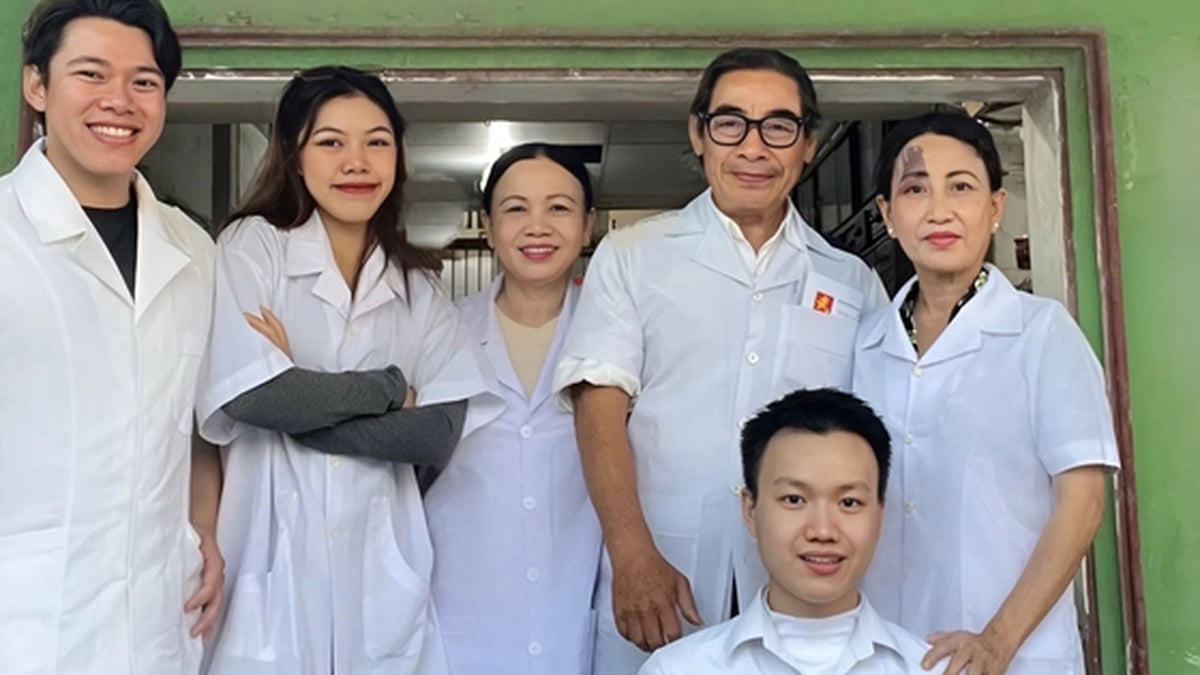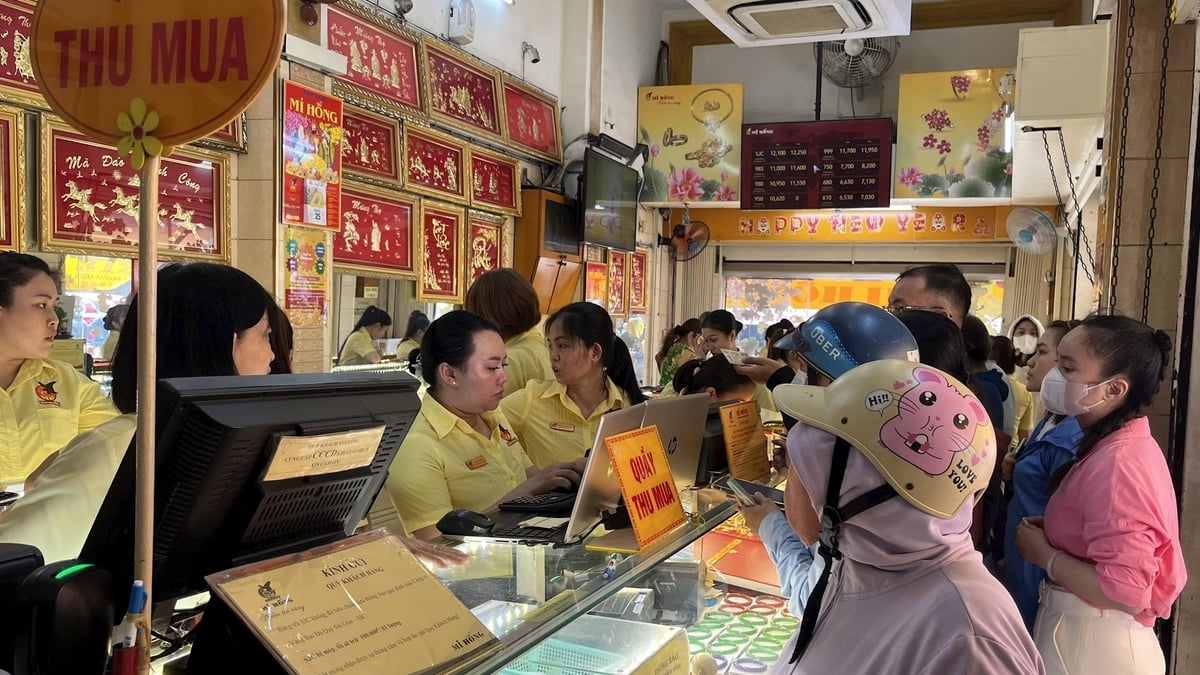MSc. Do Thi Thuy Hau - Head Nurse of the Tropical Disease Center said that one of the most serious patients up to now is a boy named VH (8 years old, in Hanoi ). The child had a history of dengue fever four years ago.
On July 16, the child had a high fever of 39-40 degrees Celsius, did not respond to antipyretics, had body aches, vomited a lot, had a stomachache, headache, and poor appetite. The family took the child to the National Children's Hospital for examination and hospitalization.

Many children with dengue fever are hospitalized in serious condition.
At the time of hospitalization, the child had a continuous high fever, with dengue fever spots on the face, but then the pulse appeared fast, difficult to detect, blood pressure dropped, platelets decreased, liver enzymes increased... The doctors treated the child according to the Ministry of Health 's protocol for severe dengue fever.
Patient TP (11 years old, in Hanoi) was also hospitalized for dengue fever with warning signs, previously the child had also had dengue fever. The child was hospitalized on the 5th day of the disease with symptoms: abdominal pain, intermittent fever, accompanied by frequent vomiting, poor appetite, and was treated at a hospital near his home but did not improve.
According to Dr. Nguyen Van Lam - Director of the Center for Tropical Diseases, National Children's Hospital, Dengue fever is an acute infectious disease caused by a virus called Dengue. This disease can be transmitted from one person to another when bitten by an infected mosquito.
Children with dengue fever often have a variety of symptoms. The disease starts quite suddenly and progresses through 3 stages: fever stage, dangerous stage and recovery stage.
In the early stages of the disease, children have a sudden, continuous high fever. Young children are restless and fussy, older children complain of headaches, loss of appetite, nausea, skin congestion (possible petechiae under the skin), muscle and joint pain, pain in the eye sockets, bleeding gums or nosebleeds.
“After the fever stage, children enter the dangerous stage of the disease, usually around the 3rd to 7th day after contracting the disease. Symptoms of dengue fever in children at this stage may still have a fever or have subsided, the child has plasma leakage. If the plasma leakage is severe, it will lead to shock, with easily recognizable symptoms such as: restlessness, restlessness, lethargy, cold extremities, cold, clammy skin, rapid, small pulse, little urine, low blood pressure or unmeasurable blood pressure. In particular, children have subcutaneous bleeding or bruises, scattered or concentrated hemorrhages on the front of the two calves and the inside of the two arms, abdomen, thighs, ribs; mucosal bleeding such as nosebleeds, bleeding gums, blood in the urine…”, said Dr. Lam.
Doctors recommend that when caring for and monitoring children with dengue fever at home, all children with high fever from the second day onwards and living in an area with people with dengue fever should be taken to the nearest medical facility for examination, monitoring, and advice on treatment and disease prevention.
When the child has a fever ≥ 38.5oC, give the child Paracetamol to reduce fever at a dose of 10 - 15 mg/kg of body weight, repeat the dose after 4 - 6 hours/time if the child has a fever again. Combine with warm compresses to avoid complications of high fever causing convulsions. Give the child plenty of water: Oresol (mixed according to the correct dosage), filtered water, orange juice, coconut water...
Feed your child soft, liquid, easily digestible foods, foods rich in vitamins, vegetables, and fruit juices. Do not give your child carbonated drinks, red or brown drinks. Avoid spicy foods, red or brown foods, foods that are too hot or too cold.
“Absolutely do not use Ibuprofen or aspirin to reduce fever in children because this medicine makes bleeding worse, can cause severe gastric bleeding, and is life-threatening. Do not go to the pharmacy to buy antibiotics for your child because this disease is caused by the Dengue virus. Using antibiotics is not only ineffective but also makes liver and kidney conditions worse. Absolutely do not take your child to receive IV fluids at unqualified medical facilities or private clinics that are not qualified to perform the procedure,” the Director of the Center for Tropical Diseases emphasized.
Q.FLOWER
Source

































































































Comment (0)